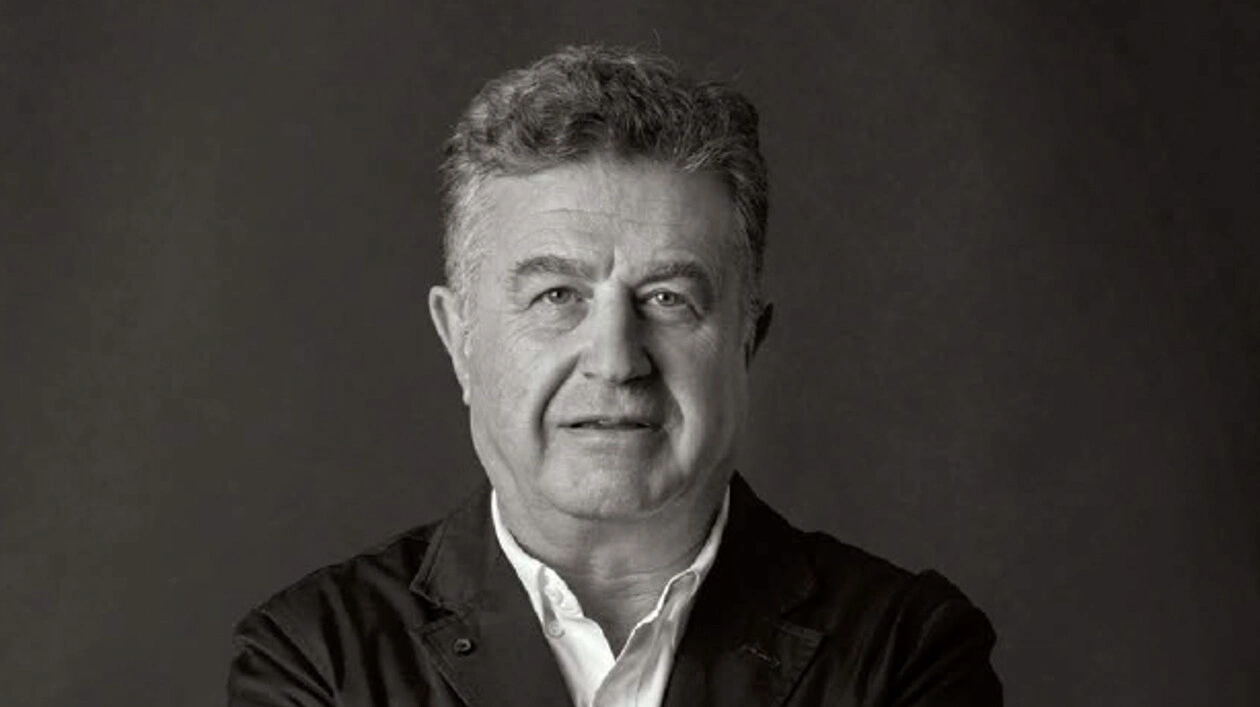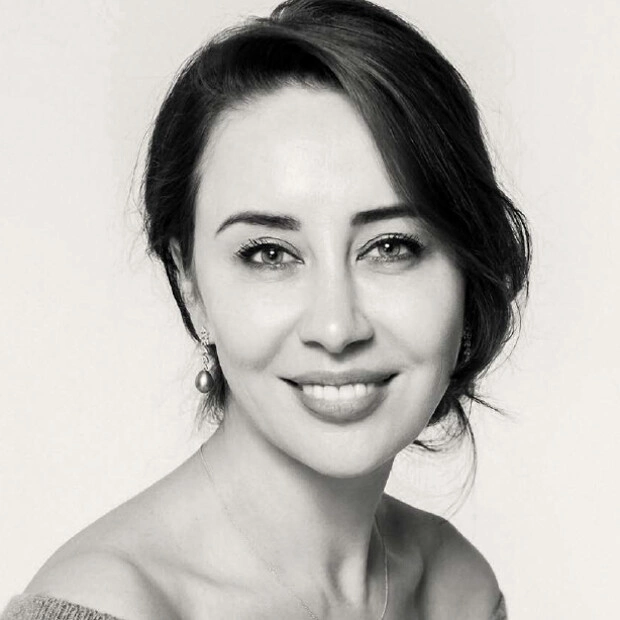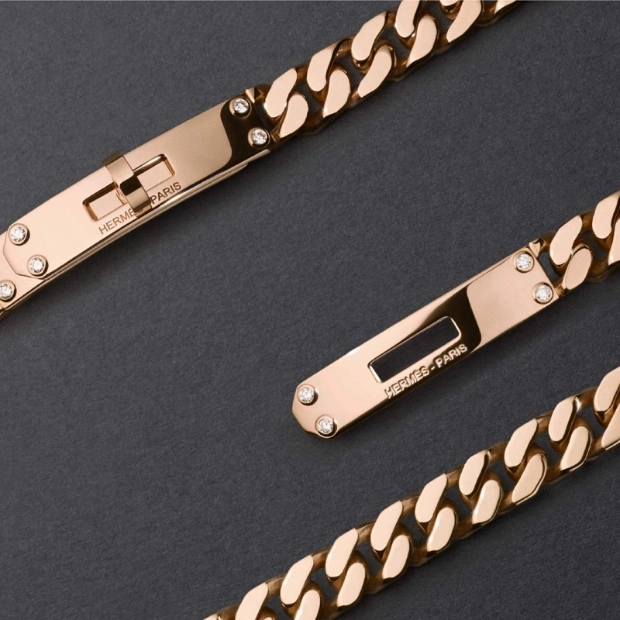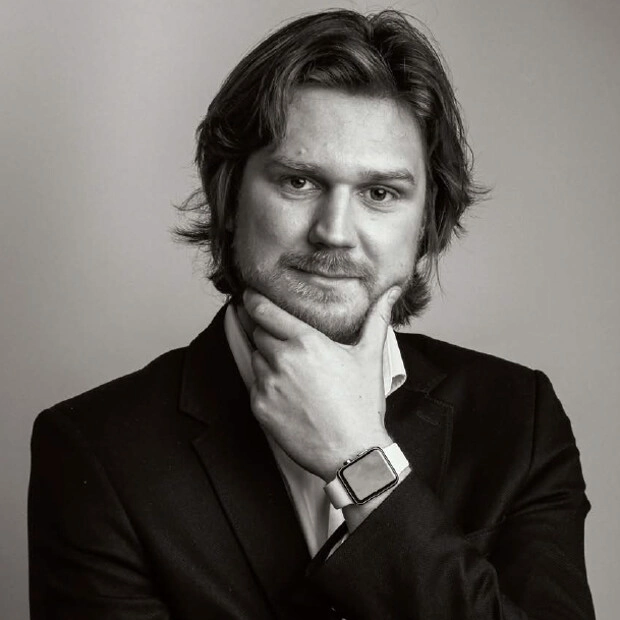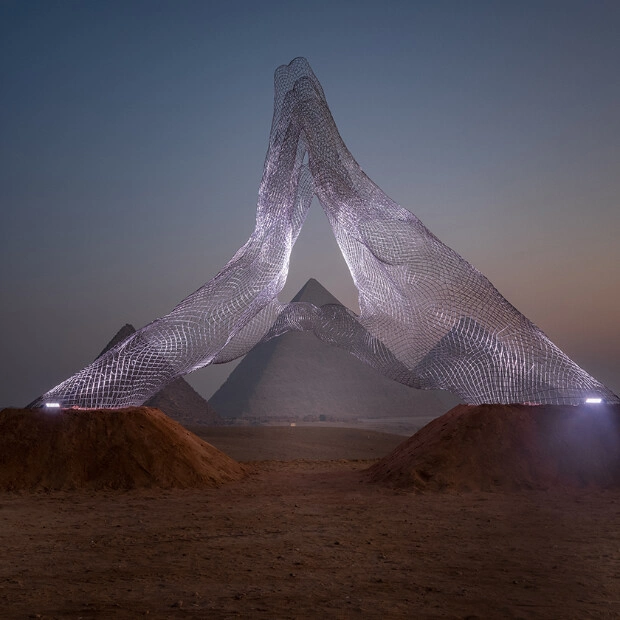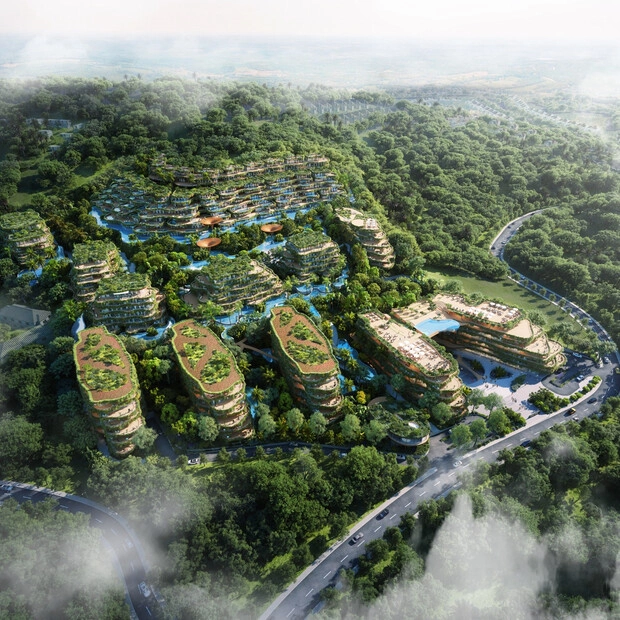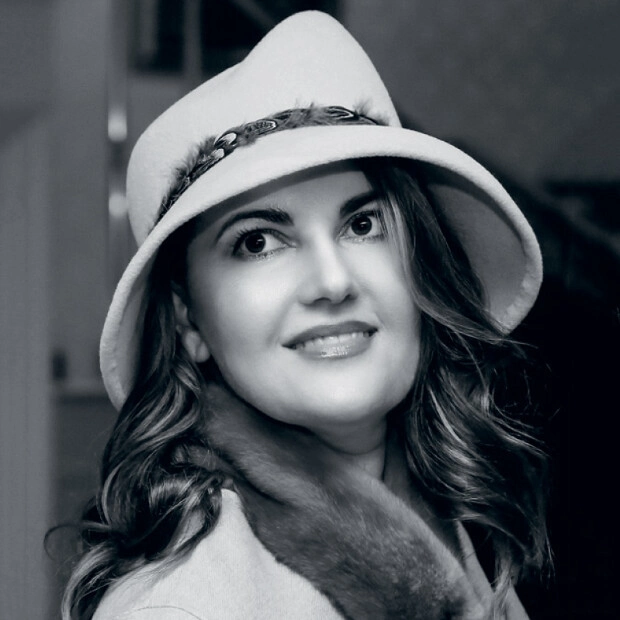Nearly half a millennium has passed since that Shakespearean prince declared that "the time is out of joint", and yet this 21st century of ours is still shaky and unstable. The trenches of ideology and mindset seem to have no end in sight, like an infinite, inexorable law. And indeed, it seems that parallels never intersect. But, thanks to Lobachevsky and Gauss, there is a non-Euclidean geometry where intersection is possible. And art is one of those hyperbolic spaces where the trenches vanish, making room for intercultural dialogue. Ali Güreli, Chairman of the Board of Directors of Sofa Hotel, the founder and head of Contemporary Istanbul (CI), the largest contemporary art fair in the Middle East, knows how this can be done. Though we are otherwise each an "I", through art, a unity can be realised.
Contemporary art is an opportunity to reflect thoughts, ideas and even politics, using a variety of materials, not just, for example, paint or bronze. It changes rapidly; it's dynamic and difficult to keep up with. But the world of art should not be imprisoned in some closed space. After all, it's the only language we have that can be understood regardless of nationality, mindset, or political persuasion. The contemplative aspect of entering into the world of a different culture broadens the horizons of both knowledge and aesthetic pleasure. Comprehending contemporary art changes us, and after a while we find that we are looking at many things differently.
In a sense, artists build "bridges;" they are cultural ambassadors. In this world, this very strange, sometimes absurd world, I see the arts as the strongest tool we have for unifying people, bringing them together, creating friendships. When countries have greater cultural ties, everything becomes much easier. In the business world, people become partners due to this atmosphere. When they come to Istanbul, for example, or to Moscow, to Paris, where there are art events happening, they come together for the opening of an exhibit or museum. It's the same in politics. Looking at my country, Turkey needs more art related events, especially with international art. We'll be having more foreign exhibitions, such as Contemporary Istanbul. There is also work being done on a new project called Building Istanbul, which, in the city, will present work by Turkish and German artists. Then next year the same work will be exhibited in Berlin. So we're bringing together these two major cities of the world.
In 2012, we organised an exhibition in Seoul, the first in the city to be held with the participation of Turkish contemporary artists. And I still remember the faces of the Koreans, how interested they were in the exhibits. Perhaps this inspired their government, because, in 2014, South Korea organised a huge cultural event in Istanbul, spending an incredible amount of money the exhibition lasted three months. I recently talked with the mayor of Istanbul, and he commented on how much trade and cultural interaction with Korea has grown since. So it really worked.
Today, Istanbul is positioned as one of the world's leading centers of art and culture. In this sense, the city itself has many advantages: its historical and cultural background, its incredibly central location it's not hard to get to. Yet Contemporary Istanbul is not only an art exhibition, in which twenty-one countries participate. We've also opened a publication department we'll be publishing a book every year, so Contemporary Istanbul week will go out to more than a thousand addresses around the world, giving people the chance to learn about Turkish art collectors.
Another project we're starting is Contemporary Istanbul Education. There is a huge need for education in the different fields of art: how to become a collector, how to start collecting to give just one example. We’ll be collaborating with two major educational institutions in London and Berlin, organising educational seminars, one year certification programs in London at a very low cost.
Contemporary Istanbul has also become a very powerful tool for promoting the city. After twelve years, we now say that this organisation no longer belongs to us, it belongs to Istanbul.
When we started in 2006, there wasn't an art market to speak of. The one that existed then was 95% local. Turkish collectors were happy to buy Turkish contemporary art, and Turkish artists were very happy to sell to them. That was it. So when we started, that was the main idea to have an international art market in Istanbul. In the first year, we organised 49 galleries, and only nine of them were from other countries. This year, we have 43. What's happened in these twelve years? First of all: artists. 12 to 15 years ago, the number one priority for an artist was to earn a living, to survive, and then to create art. Today, the number one priority is becoming international. Artists choose galleries on the basis of who will bring them to the international world, and not who will pay them more. At the same time, the mentality of the galleries has changed. Now all of them are also trying to become international, to have exhibits in other countries, at international fairs or in private exhibition centers. I remember a collector named Mustafa, who is now very prominent. We were standing in front of the German exhibition in Berlin in 2007, and I asked him: "Have you seen this gallery? The art they're exhibiting is wonderful". And he replied that he didn't buy foreign art. I told him: "Mustafa, I didn't tell you to buy it, I just said to look". Two years later, Mustafa told me our exhibition, for the first week of December, would coincide with Art Basel in Miami. He called me a week before the opening of Contemporary Istanbul and said, "Look, I'm flying to Miami," though he had our catalog in his hand. "Can you help me reserve these fourteen pieces? I'll buy them when I get back". And why wouldn't I? So I reserved them. Then he called me again, full of enthusiasm: "You know, I bought seventy pieces here! In Miami!" So you see, he'd become international.
So there have been big changes steps forward a world where people will be happy because of differents between them.
